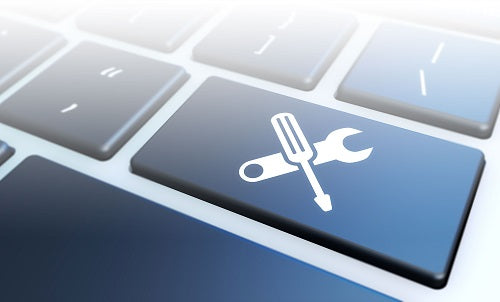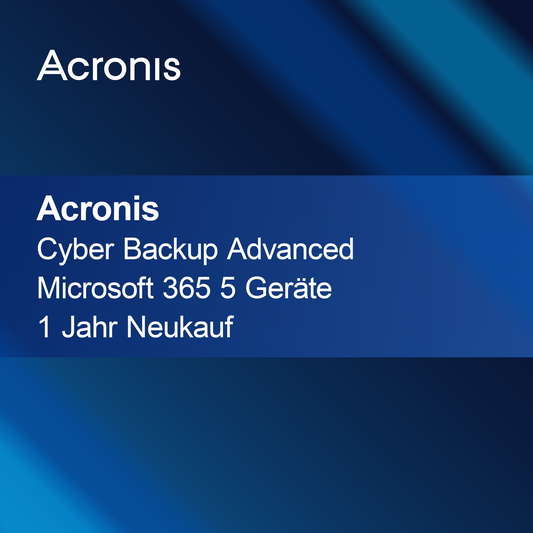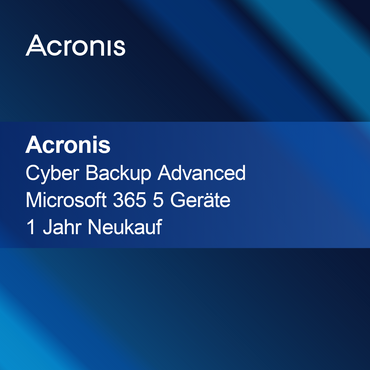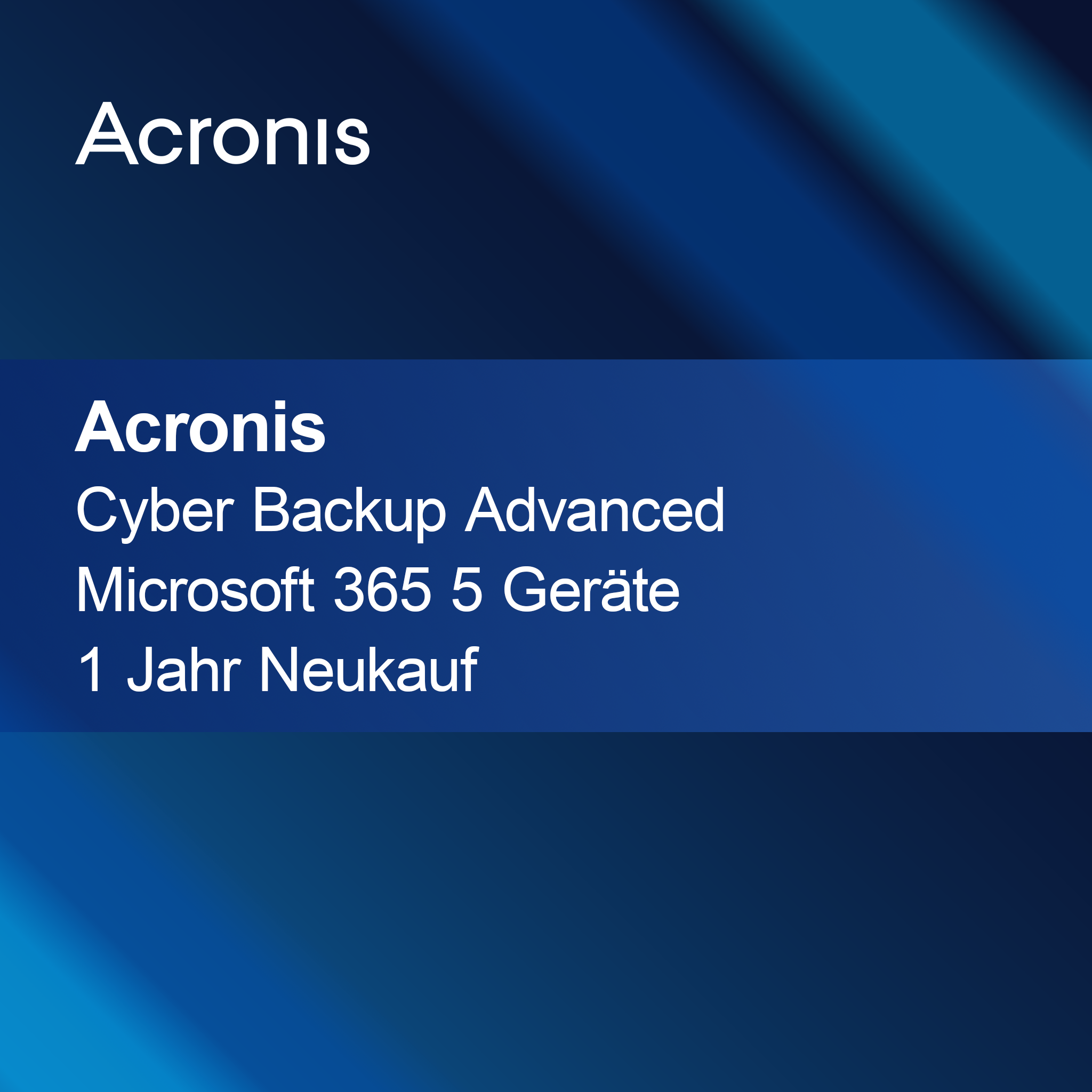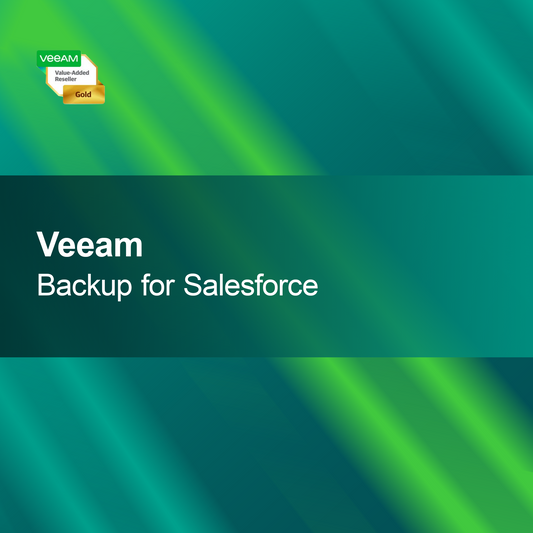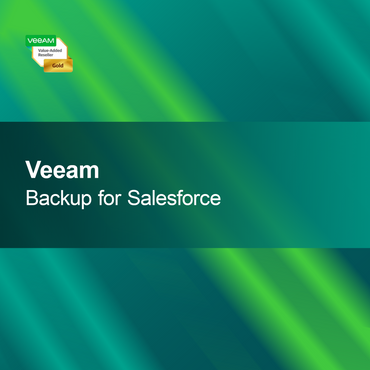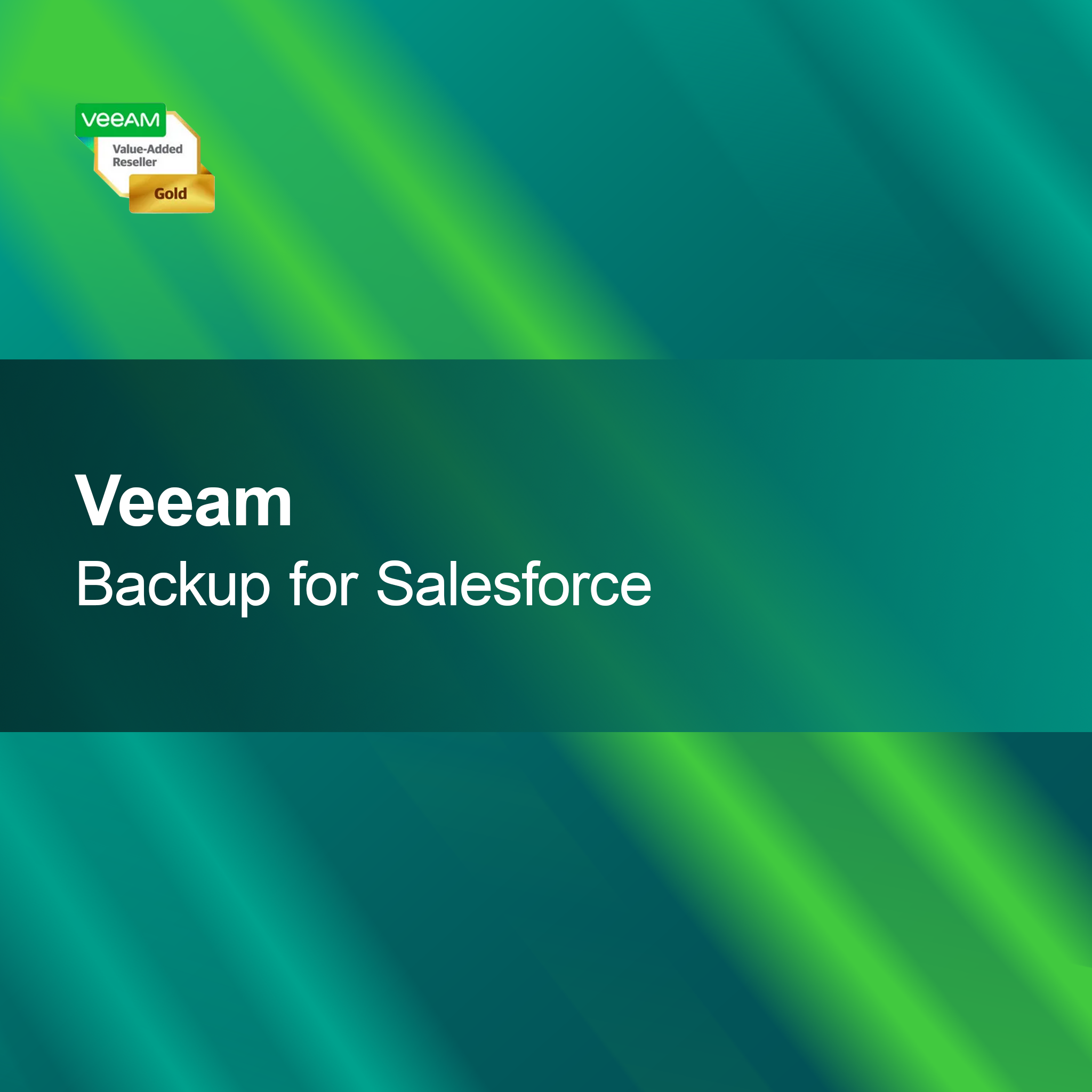No products found
Use fewer filters or remove all
Online Banking & Finances
How does online banking work and what are the advantages?
Online banking allows you to conveniently handle your banking transactions from home or on the go. You can check account balances, make transfers, and pay bills without having to visit a branch. The advantages lie in saving time and flexibility, as you can access your accounts around the clock. Additionally, many banks offer extra security measures to protect your data and ensure a secure banking experience.
What functions does online banking offer?
Online banking includes a variety of functions that help you manage your finances efficiently. These include viewing account balances, making transfers, setting up standing orders, and managing savings plans. Many banks also offer the option to view credit card statements and generate financial reports to get a better overview of your expenses.
How secure is online banking?
Security in online banking is a top priority for banks. They use various technologies, such as encryption and two-factor authentication, to protect your data. However, it is also important that you take precautions yourself, such as using strong passwords and regularly checking your account activity. This way, you can detect potential fraud attempts early and respond accordingly.
What requirements do I need for online banking?
To use online banking, you usually need a checking account with a bank that offers this service. You should also have internet access and a device that allows you to access the online banking platform, whether it is a computer, tablet, or smartphone. Many banks also offer mobile apps that make accessing your accounts even easier.
- View account balances and transactions
- Carrying out transfers and payments
- Setting up standing orders and savings plans
How can I register for online banking?
Registration for online banking usually takes place via your bank's website. There you need to fill out a registration form and possibly provide some personal information. After registration, you typically receive access data that you need for the first login. It is important to keep this information secure and change it regularly to ensure the security of your account.
What are the differences between online banking and traditional banking?
Online banking differs from traditional banking in several ways. While with the latter you have to go to a bank branch in person, with online banking you can carry out all transactions conveniently from home. Additionally, online banks often offer lower fees and better interest rates because they have lower operating costs. However, the personal contact with a bank advisor may be missing, which could be important for some customers.
What tips are there for using online banking?
To use online banking safely and effectively, you should follow some basic tips. Use strong, unique passwords and change them regularly. Make sure to log in only through secure internet connections and avoid public Wi-Fi networks. Regularly check your account transactions for irregularities and use your bank's security features to protect your account.
